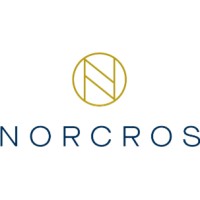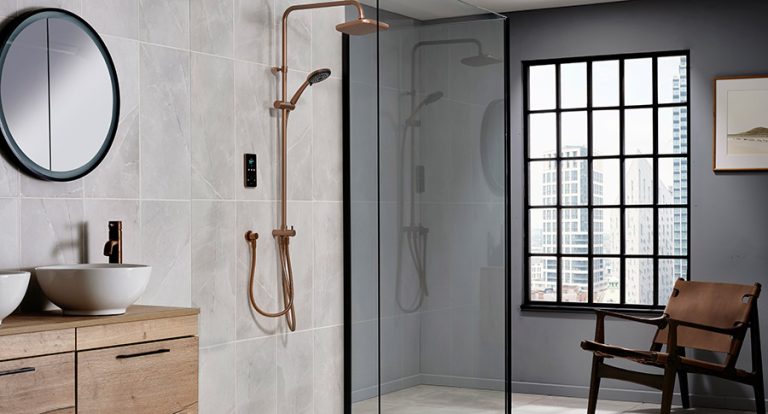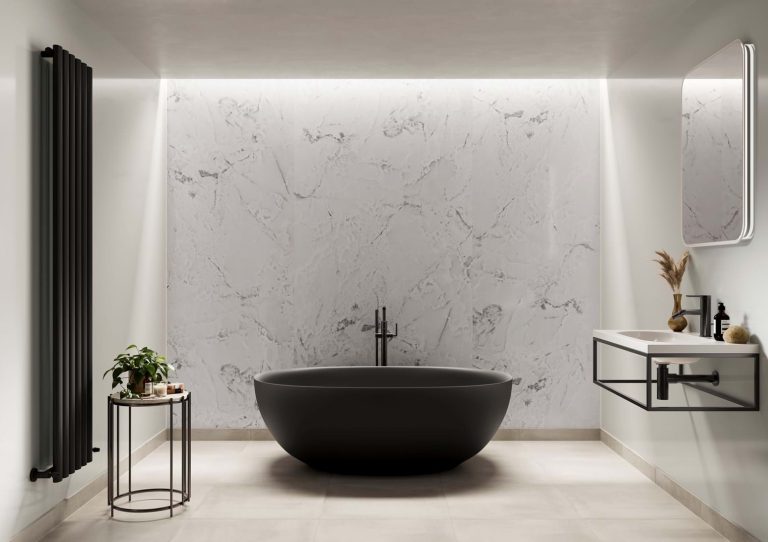A compact footprint rarely deters ambitious design, and in the case of modern shower rooms, constraint often fuels creativity. As consumer expectations pivot towards efficiency without excess, one category that continues to evolve is the small bathroom. This quiet transformation, driven by preference for minimalist aesthetics and eco-conscious technology, is where manufacturers like Triton find themselves aligning with both current demand and long-term opportunity.
The appeal lies in the clarity of purpose. Smaller shower spaces, when designed with intent, offer more than just utility, they reflect a lifestyle shift towards simplification. For investors, this represents more than a passing trend. It signals a market where design, innovation, and sustainability converge in a meaningful way, and where product differentiation can capture loyal, design-aware consumers. This is particularly relevant as housing density rises and multi-bathroom homes become more commonplace.
Triton’s approach exemplifies this shift with offerings that pair aesthetic discipline with clever engineering. Electric models like the ENVi® lean into sleek, wall-hugging profiles and digital functionality, ensuring they not only fit limited spaces but elevate them. It’s a convergence of form and performance that doesn’t just suit the constraints of urban living, it redefines them as advantages. For investors, the draw is in the positioning: products tailored for compact living, but premium in experience.
Material and colour play a vital role too. The visual coherence of a space is critical when every square inch matters. The brand’s emphasis on matte finishes, such as in the Amore Gloss Black line, doesn’t merely reflect design trends; it serves a psychological function, creating calm through visual consistency. These touches support pricing power in what might otherwise be considered a value-driven market segment.
Storage solutions have evolved similarly, moving away from standalone furnishings to integrated, vertical elements that maximise usability without clutter. This mirrors broader consumer preferences for efficiency-led interiors, offering further proof that functionality need not dilute sophistication. It also invites a broader conversation around how lifestyle-led design can reinforce brand identity.
As environmental consciousness continues to shape purchasing decisions, the efficiency gains offered by Triton’s electric range are more than a regulatory box-tick. They provide a tangible reason to switch, even in retrofit scenarios. Energy-efficient heating systems and water-saving shower heads appeal to both the ecologically minded and the cost-conscious. These dual-value propositions not only improve the sales pitch but also open avenues for B2B growth in refurbishment-heavy markets such as social housing or student accommodation.
The stylistic landscape, too, is shifting subtly. While minimalism remains the baseline, 2025 is seeing a warming of the palette. Earth tones and tactile materials are creeping in, bringing texture and mood to smaller spaces. Far from being a contradiction, these choices harmonise beautifully with functional design, proof that intimacy and luxury are no longer mutually exclusive in the bathroom category.
Smart fixtures and contrasting metals are now standard rather than standout, signalling a maturing consumer base that expects personalisation options even within small formats. Statement pieces like coloured glass screens or brushed brass diverters allow users to imprint identity within the confines of function, and from a portfolio perspective, these higher-margin components elevate average transaction values.
Brand loyalty in this segment often follows from experience rather than aspiration. Consumers tend to return to what works, especially when it blends reliability with a touch of indulgence. That puts sustained pressure on manufacturers to innovate without overwhelming, and Triton’s blend of simplicity and technical edge positions it well to meet this nuanced demand.
For investors, compact shower rooms are more than a design challenge; they are a microcosm of larger trends in housing, sustainability, and personalisation. With clever layout planning, refined product offerings, and a strategic eye on future efficiency needs, the category continues to offer outsized opportunity.
Triton specialises in electric and thermostatic showers, with a strong focus on water and energy efficiency. Its portfolio caters to both domestic and commercial markets, delivering compact, sustainable, and stylish solutions for modern bathrooms.
Norcros plc (LON:NXR) is a leading B2B producer of branded bathroom and kitchen products for its UK, South African and selected export markets. The portfolio of eleven operating companies (6 UK, 2 South Africa) is characterised by strong individual brands, together providing product breadth and channel diversity from a strong supply chain base.








































